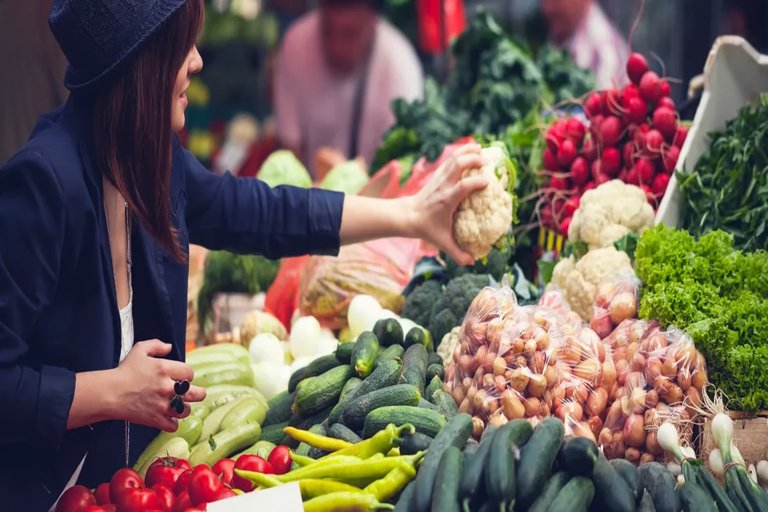Farmers' Markets Thrive as Edmonton Embraces Local Food
With more Edmontonians choosing farm-fresh produce and artisanal goods, weekend markets have become community staples.

On any given Saturday morning in Edmonton, the hum of conversation and the scent of fresh herbs spill from open-air tents and historic halls. From Old Strathcona to 124th Street, farmers’ markets are thriving like never before, fueled by a renewed passion for local produce, artisanal goods, and face-to-face commerce.
The COVID-19 pandemic sparked a major shift in shopping habits, and many Edmontonians have kept their commitment to buying local. According to the Alberta Farmers’ Market Association, vendor applications are up 22% compared to pre-pandemic levels, and customer footfall has reached record highs at several locations.
Vendors range from legacy farms in the North Saskatchewan River valley to first-generation growers experimenting with hydroponics in nearby Sturgeon County. 'It’s more than a market,' said vendor Linda Chau, who sells organic greens and fermented foods. 'It’s where we connect with our community every week.'
Younger shoppers are also a growing demographic. Market organizers credit this to a rise in sustainability awareness, food transparency, and the social-media-worthy appeal of vibrant stalls and handmade packaging. Some vendors now accept tap payments, and QR codes offer ingredient stories or recipes from the farmer’s kitchen.
Local chefs are among the most enthusiastic customers. Many source ingredients for weekly specials directly from the market, often naming the producers on their menus. 'It’s farm-to-table, minus the middleman,' said Chef André Côté of The Prairie Table. 'And it keeps our plates seasonal and inventive.'
The city has taken note of the markets’ economic and cultural role. Edmonton City Council recently approved zoning updates to make it easier for pop-up markets to operate in parks, schoolyards, and underserved neighborhoods. The goal is to increase food access and stimulate micro-entrepreneurship.
Markets have also become platforms for social enterprises. At the Downtown Farmers Market, a booth operated by a local youth collective sells jams and teas made from urban foraged ingredients. Proceeds fund job training programs for marginalized teens.
Seasonal diversity is expanding too. Winter markets—once a novelty—are now common, held indoors with root vegetables, preserves, crafts, and warming drinks. 'It’s our favorite Saturday ritual, even in February,' said regular attendee Marcy Nolan, holding a jar of chokecherry syrup and a loaf of sourdough.
To support the boom, several markets have launched online pre-order platforms that let customers browse offerings midweek and pick up their goods at express lanes. This hybrid model has been especially popular with young families and professionals pressed for time.
Still, it's the human connection that draws people back. Market-goers chat with bakers about flour types, swap tips on pickling, and bump into neighbors over coffee. In a digital age, the tactile, communal vibe is refreshingly analog.
Many vendors say they’ve built more than a customer base—they’ve built friendships. 'We’ve watched kids grow up, celebrated weddings, mourned losses together,' said honey producer Yusuf Karim. 'It’s not just business, it’s belonging.'
As Edmonton continues to grow, its farmers’ markets remain rooted in tradition while innovating for the future—nurturing not only healthier diets but stronger, more connected communities.